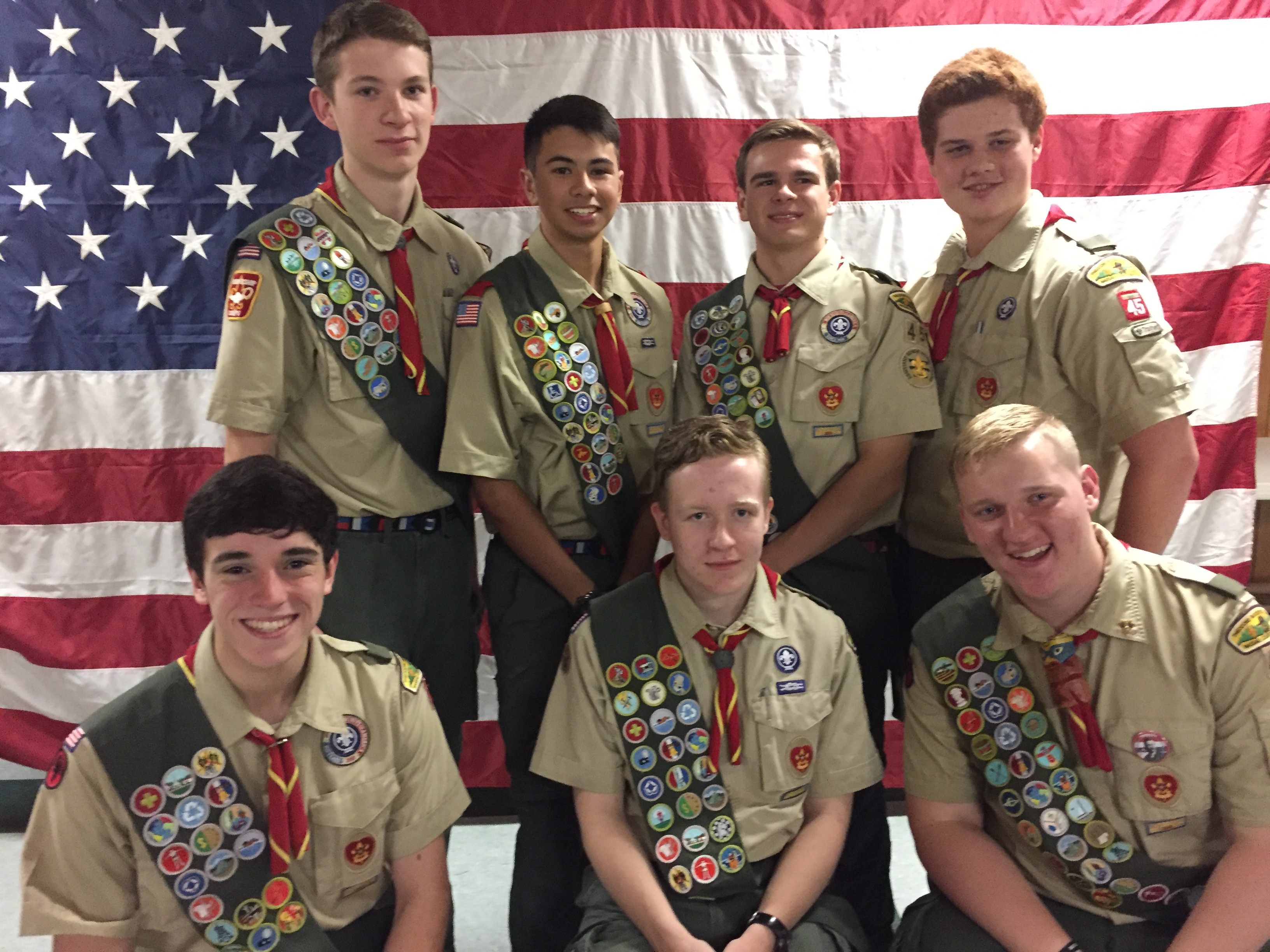 Marine Corps Gunnery Sgt. Brian W. Foster served nearly a decade in Leavenworth for a crime he didn't commit. Foster is now free and serving his country once more. The military appeals system that failed him, meanwhile, is still trying to right itself.
Marine Corps Gunnery Sgt. Brian W. Foster served nearly a decade in Leavenworth for a crime he didn't commit. Foster is now free and serving his country once more. The military appeals system that failed him, meanwhile, is still trying to right itself.
"It's a terrible system," Foster said. "The judges and attorneys who had the opportunity to stand up and say 'this isn't right,' they didn't do that."
The court that finally freed Foster in 2009 called him a victim of "judicial negligence" and "intolerable" errors. The nine-year delay between conviction and appeal was "unacceptable," the U.S. Navy-Marine Corps Court of Criminal Appeals acknowledged.
While Foster's experiences were extreme, they were not entirely unique. Other soldiers, sailors, airmen and Marines have likewise languished in appellate limbo.
A McClatchy review of thousands of pages of court and military documents reveals persistent delays that have long frustrated repeated reform efforts. These appellate delays can interfere with the ability of veterans to find jobs, secure benefits and, sometimes, regain their freedom.
The delays happen at every stage. Records can get lost. Simple tasks, like trial transcriptions, can lag. Attorneys get distracted or are sent off to a war zone. Some judges have been indifferent or out of their depth.
More...





 After threatening to sever ties with Scouting America and kick the youth group off military bases...
After threatening to sever ties with Scouting America and kick the youth group off military bases... President Trump on Friday directed federal agencies to “immediately cease” using Anthropic technology amid an escalating...
President Trump on Friday directed federal agencies to “immediately cease” using Anthropic technology amid an escalating...






























